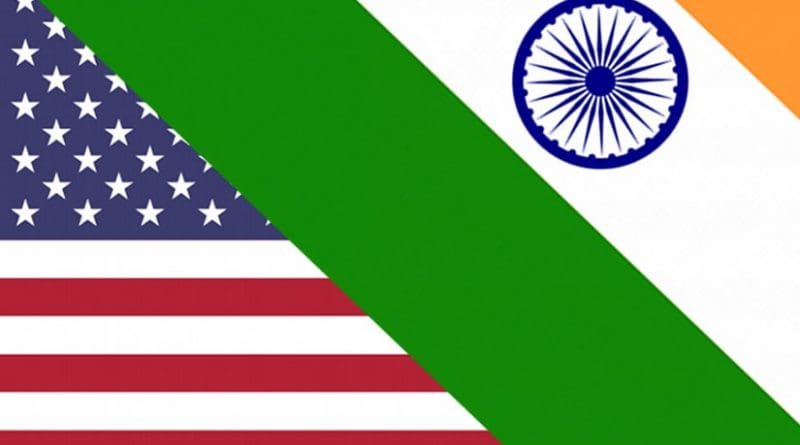Indo – US Nexus In Afghanistan – Analysis
By Tahir Nazir
The withdrawal of U.S and coalition forces from Afghanistan in 2014 is creating an opportunity for India to assume a bigger role in Afghanistan with the help of U.S and its allies. But this hypothesis needs to be examined carefully. Whether India has the muscle to take a leading role in Afghanistan? Can India stabilize the security situation in the country and contribute in term of development? The most important question is that what U.S wants from India or how American leadership looks at India’s current and future role in Afghanistan.
The U.S defense secretary’s visit to India in June 2012 was very significant as for as Indian role in Afghanistan is concerned. It is evident that U.S is pushing India to take a more active role in Afghanistan, including by training Afghan security forces after the U.S. draws down most of its forces by the end of 2014. Furthermore U.S will facilitate and provide a breathing space to India in Afghanistan. While addressing the media Mr. Panetta said that the U.S. “views India as a net provider of security from the Indian Ocean to Afghanistan and beyond.”
Moreover the recent US, India and Afghanistan trilateral meeting which was held in Afghan Mission in New York (25 September 2012). The trilateral meeting was attended by Joint Secretary (Pakistan/Afghanistan/Iran) Y K Sinha and Joint Secretary (America) from the Indian side, Afghan Deputy Foreign Minister Jawed Ludin, US Special Representative for Afghanistan and Pakistan Marc Grossman and Robert Blake, Assistant Secretary for South and Central Asian Affairs
The focal point of discussion was the security situation in Afghanistan. Furthermore the strengthening of Afghanistan’s relation with India and U.S who are totally behind the vision of a secure, peaceful, democratic and prosperous Afghanistan living in peace and security.
The Trilateral meeting also discussed the challenges and opportunities in the region Including combating terrorism and violent extremism, reviewing cultural exchanges and increasing regional trade, investment and economic integration between the three countries.
According to security and political pundits the U.S. encouragement of India may be designed to weak Pakistan, or pressure Islamabad to take a more conciliatory position on Afghanistan. Pakistan has fiercely resisted attempts by India to build closer relations with Afghanistan.
However there are other reasons as well which binds the both nation in a tighter rope. The growing convergence on Afghanistan can be seen as an evidence of a maturing relationship. The Secretary Clinton gave very significant remarks before the third Indo-U.S strategic dialogue June 2012. She said that “Today we are seeing something new; the strategic fundamentals of our relationship are pushing our two countries’ interests into closer convergence.” She further added that “By strategic fundamentals I mean not just our shared democratic values, but also our economic imperatives and our diplomatic and security priorities.”[Afghanistan is being one of them].
One should also keep in mind that both India and U.S signed a Strategic Pact with Afghanistan which underlines their long term commitment with Afghanistan.
According to Rand Article (India’s and Pakistan’s Strategies in Afghanistan Implications for the United States and the Region) ‘India is pursuing domestic priorities (such as reining in anti-Indian terrorism, accessing Central Asian energy resources, and increasing trade) that require Afghanistan to experience stability and economic growth’.
Furthermore the growing ‘Indian engagement in Afghanistan, particularly enhanced Indian assistance to Afghan security forces, will advance long-term U.S objectives in central and south Asia. As the United States prepares to withdraw its combat forces from Afghanistan in 2014, it should therefore encourage India to fill the potential vacuum by adopting an increasingly assertive political, economic, and security strategy that includes increased security assistance’. In addition it will also serve as a counterweight for Pakistan.

